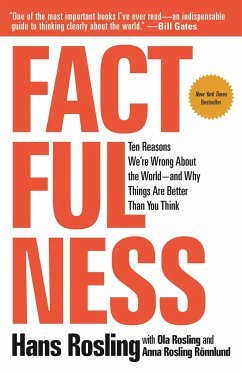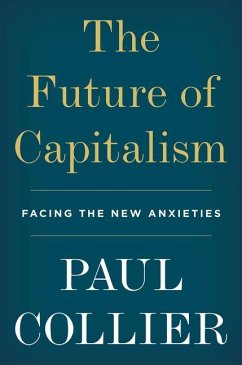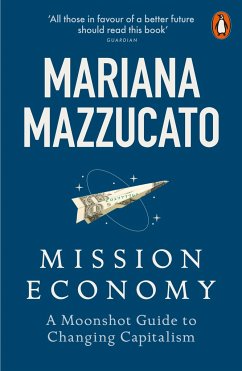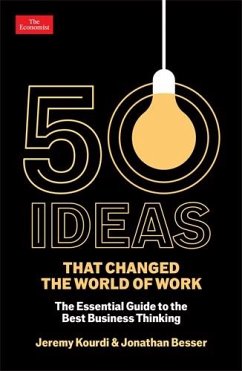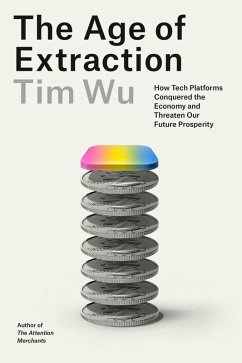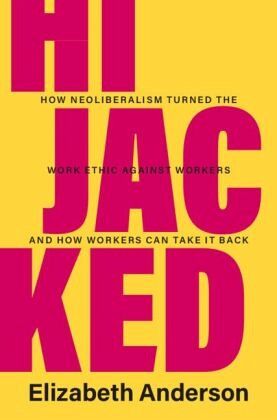
Hijacked
How Neoliberalism Turned the Work Ethic against Workers and How Workers Can Take It Back
Versandkostenfrei!
Sofort lieferbar
19,99 €
inkl. MwSt.

PAYBACK Punkte
10 °P sammeln!
What is the work ethic? Does it justify policies that promote the wealth and power of the One Percent at workers' expense? Or does it advance policies that promote workers' dignity and standing? Hijacked explores how the history of political economy has been a contest between these two ideas about whom the work ethic is supposed to serve. Today's neoliberal ideology deploys the work ethic on behalf of the One Percent. However, workers and their advocates have long used the work ethic on behalf of ordinary people. By exposing the ideological roots of contemporary neoliberalism as a perversion o...
What is the work ethic? Does it justify policies that promote the wealth and power of the One Percent at workers' expense? Or does it advance policies that promote workers' dignity and standing? Hijacked explores how the history of political economy has been a contest between these two ideas about whom the work ethic is supposed to serve. Today's neoliberal ideology deploys the work ethic on behalf of the One Percent. However, workers and their advocates have long used the work ethic on behalf of ordinary people. By exposing the ideological roots of contemporary neoliberalism as a perversion of the seventeenth-century Protestant work ethic, Elizabeth Anderson shows how we can reclaim the original goals of the work ethic, and uplift ourselves again. Hijacked persuasively and powerfully demonstrates how ideas inspired by the work ethic informed debates among leading political economists of the past, and how these ideas can help us today.




